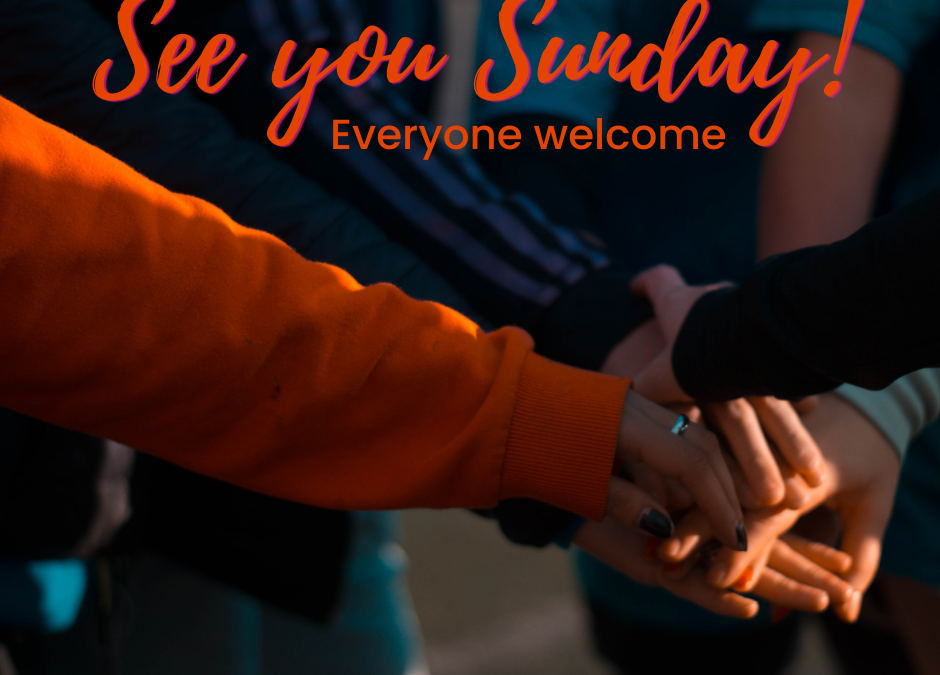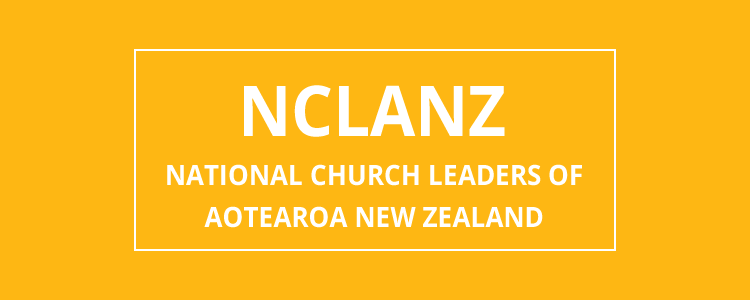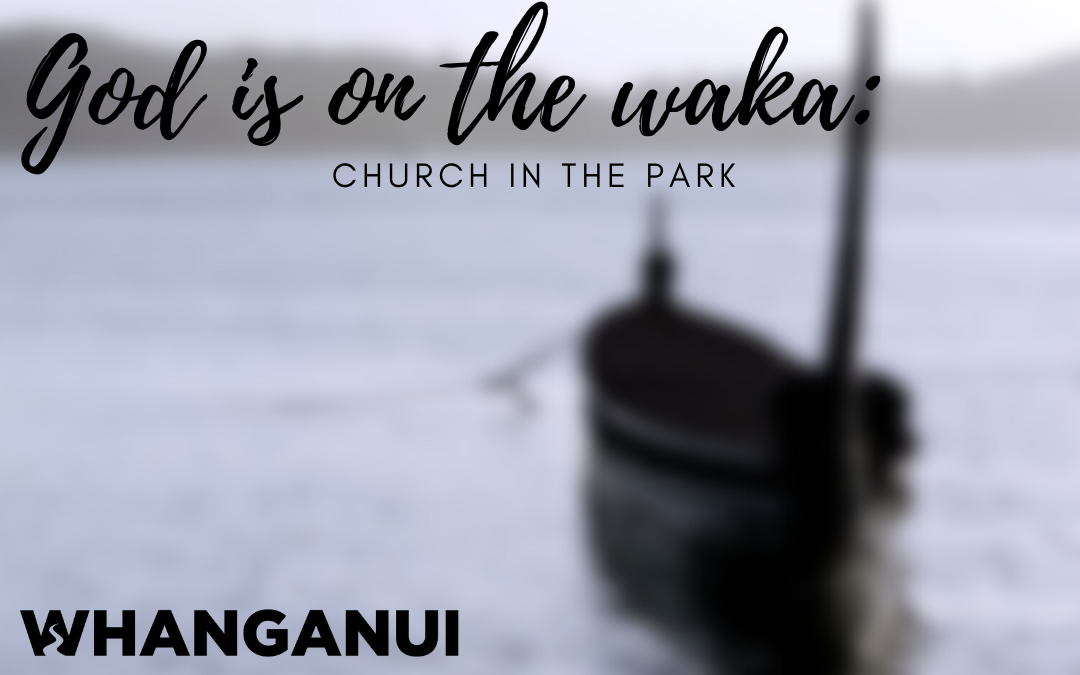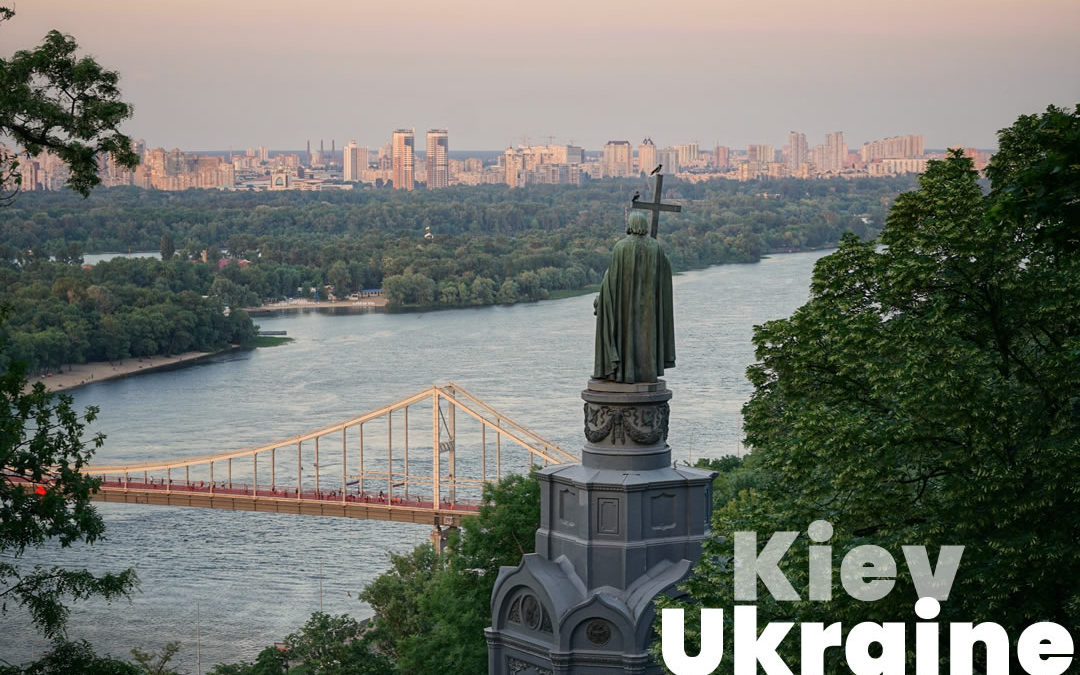
by Dr Stuart Lange | 25 Mar , 2022 | Articles, Christianity and Social & Moral Issues
New Zealand’s experience with the Conversion Practices Prohibition Legislation has been far from ideal. Because such legislation was a Labour Party election manifesto policy, and because the Government has had such a huge majority, the select committee process was something of a farce. Many thousands of thoughtful submissions were made, critiquing obvious biases and deficiencies in the Bill, and suggesting constructive improvements. But the select committee shamefully stonewalled them all, and back in the debating chamber so did the majority of MPs.
Parents, schools, counsellors, and churches are now left trying to work out how to interpret and apply the new law.
At one level, the prohibition on coercive and harmful “therapy” practices for LGBT people is a good thing, and was supported by NZCN and many others. Nobody should be subjected to practices that are unsolicited, or demeaning or harmful. It also needs to be said that the incidence of such practices in New Zealand appears to be very rare, especially nowadays.
We can also readily agree with the second stated aim of the law, to encourage “respectful and open discussions regarding sexuality and gender”. The problem though, is that very little in the law appears to facilitate open discussion, but on the contrary appears likely to inhibit or close down any “open” discussion (except when such discussion is endorsing same-sex identity or gender transition.
A key (and contradictory) sentence in the new law, and relevant to both parents and church leaders, allows for “the expression only of a religious principle or belief made to an individual that is not intended to change or suppress the individual’s sexual orientation, gender identity, or gender expression”.
On the one hand, the first part of that sentence appears to protect in law the right of anyone to express to an individual religious beliefs or principles about sexuality or gender.
- A parent could, for example, express their disbelief in gender transition, or express some cautions or beliefs about potential losses or risks associated with gender transition, or say: “I personally don’t believe it is wise for people aged 12 to take puberty blockers, because most people with gender dysphoria become comfortable with the sex they were born into once they have begun puberty”.
- A parent or church leader could say: “I believe the Bible teaches that God loves everyone, and invites us to follow him and his ways”, or “I believe the Bible teaches that God’s intention for human sexual expression is loving faithful marriage between one man and one woman”.
However, such expressions of belief will need to be respectful and non-coercive, conveyed with compassion and gentleness, and with respect for people’s worth, dignity, and freedom of choice.
The second part of the sentence, however, forbids anything “intended to change or suppress the individual’s sexual orientation, gender identity, or gender expression”. This clause appears to directly contradict the law’s avowed aim to encourage “open” discussion about sexuality and gender, is a contravention of religious freedom as enshrined in the Bill of Rights (because Christian faith is not just about “beliefs” but also about personal choices and conduct), and is in effect a denial of people’s rights to seek whatever advice and support they may feel they need.
How this clause may be interpreted by courts is hard to predict, but it would be wise for anyone giving advice or support to anyone else in these matters to ensure that whatever they say, pray, or do is unfailingly respectful, loving, non-coercive, and unharmful, giving full weight to people’s freedom of choice.
Whatever we do, we must be faithful to God’s grace and truth as revealed in Christ and the Scriptures, act with integrity, and be responsive to the Spirit of God.

by Dr Stuart Lange | 25 Mar , 2022 | Articles, Featured, The Church
The essence of church is about gathering together as the Lord’s people, for fellowship, worship, prayer, proclamation of Christ, the teaching of the word, encouragement, and serving others.
Through the pandemic, most churches have continued to function, using online options, small groups, and different types of church services, but it has undoubtedly been challenging.
The easing of gathering limits (25 March) this week) and the end of vaccination passport requirements (4 April) will be a welcome relief to most churches. Larger gatherings will be possible, and the church can begin to put behind us some of the complexities and consternations of the last few months.
Let’s pray that, in this new and different phase of Covid, Christians may relate to one another with grace, respect, and humility, that churches may steadily recover their life together, that churches may reach out to those members who have become less connected or have felt disaffected, that we may discern what God has been showing us in these difficult times, and that we may more effectively communicate the hope and truth of Christ around us who those who are spiritually adrift.

by National Church Leaders Aotearoa New Zealand | 17 Mar , 2022 | Articles, Featured, Media Releases
15 March 2022
His Holiness Kirill
Patriarch of Moscow and All Russia
Russian Orthodox Church
Your Holiness,
We write to you as brothers and sisters in Christ and as national leaders of most church denominations in Aotearoa New Zealand.
We are deeply disturbed by what is happening in the Ukraine at the moment, the bombings, the civilian deaths, the major refugee crisis.
We are fearful of further escalation of the situation that would put even more people in danger. We are united in our request that you use your voice and significant influence to call for an end to the hostilities in Ukraine and intervene with authorities in your nation to do so. We make this appeal with no political agenda but rather in the name of our Lord Jesus Christ whose love transcends the narrow claims of all nations and ideologies.
We are in the season of Lent. In that Lenten spirit, we ask you to prayerfully consider the steps you can take to influence peaceful solutions.
As the Patriarch of Moscow and All Russia, you have the holy opportunity to play an historic role in helping to bring a cessation of senseless violence and a restoration of peace. We pray you will do so, and our prayers will accompany you, as together we yearn for the biblical vision of peace that is found in Isaiah 2:4:
Then He will judge between the nations
and arbitrate for many peoples.
They will beat their swords into ploughshares
and their spears into pruning hooks.
Nation will no longer take up the sword against nation,
nor train anymore for war.
Respectfully Yours in our Lord Jesus Christ,
Members of National Church Leaders of Aotearoa New Zealand
Rev Andrew Marshall
National Leader – Alliance Churches of New Zealand
Archbishop Phillip Richardson
Archbishop Don Tamihere
Bishop Justin Duckworth
Anglican Church in Aotearoa New Zealand and Polynesia
Pastor Illiafi Esera
National Superintendent – Assemblies of God in New Zealand
Pastor Charles Hewlett
National Leader – Baptist Churches of New Zealand
Pastor Steve Burgess
Senior Leader – C3 Church
Pastor Brent Liebezeit
President – Christian Churches New Zealand
Rev.Roland Hearn
Interim National Superintendent – Church of the Nazarene
Pastor Peter Mortlock
Senior Pastor – City Impact Church
Rev Moegauila Lasei
Chairman – Congregational Union of New Zealand
Pastor Sam Monk
National Leader – ACTS Churches New Zealand
Pastor Boyd Ratnaraja
National Leader – Elim Church of New Zealand
Bishop Mark Whitfield
Lutheran Church of New Zealand
Rev Andrew Doubleday
President – Methodist Church of New Zealand
Pastor Adam White
Leader – New Life Churches International
Pastor Eddie Tupa’i
President – New Zealand Pacific Union Conference of the Seventh Day Adventist Church
Rev Hamish Galloway
Moderator – Presbyterian Church of Aotearoa New Zealand
Anne and Alistair Hall
Yearly Meeting Co-Clerks – Religious Society of Friends, Te Hāhi Tūhauwiri
Cardinal John Dew
Roman Catholic
Commissioner Mark Campbell
Territorial Commander – The Salvation Army
Pastor David MacGregor
National Director – Vineyard Churches
Rev Brett Jones
National Superintendent – Wesleyan Methodist Church of New Zealand
Rev Dr Stuart Lange
Director – New Zealand Christian Network

by Mark Maney | 15 Mar , 2022 | Christianity and Social & Moral Issues, The Church
“You’re Not As Crazy As I Think: Dialogue in a World of Loud Voices and Hardened Opinions”
That’s the title to a book written by one of my old professors. And while I don’t agree with everything in his book, I do agree with the main thesis: what if passion for truth was found, not in the loudest voice and most unshakable convictions, but rather in the resolve to listen to and learn from others? That because as Christians we believe ALL people are made in the image of God, that we should learn how to listen, to hear, and to learn from groups so often marginalised by our biases.
We currently live in quite divisive times. As Christians, we need to be willing to do the hard work of having honest dialogue, doing so in a charitable fashion. In his first letter, the apostle Peter encourages his readers, saying,
“But in your hearts revere Christ as Lord. Always be prepared to give an answer to everyone who asks you to give the reason for the hope that you have. But do this with gentleness and respect.” (1 Peter 3:15)
Or James in his letter,
17 But the wisdom that comes from heaven is first of all pure; then peace-loving, considerate, submissive, full of mercy and good fruit, impartial and sincere. 18 Peacemakers who sow in peace reap a harvest of righteousness. James 3:17-18)
We could also consider taking Jesus’s golden rule and applying it to dialogue, “treat those you disagree with the way you would want to be disagreed with.”
So with that in mind, what are some ways that we can disagree with people while still respecting them as image bearers of God?
I have outlined some answers to that question below, and I’m not saying that you need to use these phrases in a cookie-cutter fashion, but to recognize the spirit in them and apply them to your own conversations. The key is trying to respect and honour the person we disagree with, instead of treating them as brain-washed, uninformed, or some sort of pariah, like many people are doing at the moment.
Here’s some possible starting points…
“I am sure we share many common values and agree on quite a number of things.”
“I respect that you have thought carefully about these matters, as I have, but let’s just accept that we weigh some things rather differently.”
“I accept that you are a thoughtful and responsible person, and that you have some strong concerns. I know we are both wanting to do whatever we believe is best.”
“We seem to have come to different conclusions on this, but let’s just respect each other and not let our disagreements come between us”.
“I accept that either of us might be wrong on some things.”
“Maybe I’ll change my mind later, but meanwhile, let’s just agree to disagree, in a friendly and respectful way.”
“I admit it’s possible that you could have engaged more widely than I have and seen things that could give a reasonable person pause. I just haven’t encountered that yet, personally.”
“I’m so sorry how these matters have impacted on you so deeply. It must be very difficult.”
It’s easy and comfortable to just write off people we disagree with. But Jesus calls us to something grander. And when we respect people enough to truly listen to them, we might be surprised to find out that there are areas of agreement we never knew existed.

by Dr Stuart Lange | 7 Mar , 2022 | Articles, Christianity in New Zealand
In Whanganui, Te Puna O Wai Ora Māori fellowship has over the summer been running a flourishing open-air church gathering in a park – with the permission and support of local iwi and marae, the City Council and Police.
Pastor Marama Dey has written to NZCN that she ‘felt prompted by the Lord to share what our church is doing in Whanganui as maybe churches in other cities can do the same’. She explains that ‘we are a Māori fellowship, run by a mixture of pākeha and Māori ministers of whom I am only one, and a congregation of many cultures’, and that ‘in Māori mission no one gets paid as we are called to serve the King and trust him for the rest. We walk by faith not wages’.
Here’s what she wrote (also slightly edited):
‘When summer came, along with the Covid restrictions, the Lord showed us to go to a large park in the city, so we are free to gather and praise him… We commenced with this and every Sunday take all our gear for our band and worship team and gazebos and lots of free food and run a service there.
All is legal and up front as we do not want to discredit our Lord and Saviour. We are abiding by all the rules and the people all sit in their own bubbles or in groups of 25 spread around the park.
We are Pentecostal so we have prayers and worship and enjoy the presence of the Lord and the Holy Spirit. God has moved powerfully in the park, and people from all over are now coming: many non-believers and many who have left their churches are coming to salvation and we are baptising people nearly every week. We have our different pastors preaching each week. The Lord is busy healing people and it is all just an outpouring of the Holy Spirit, and all we are doing is praising the Lord.
The youth area has grown to over 50 children preschool to High school and it takes 10 leaders of whom we give training to each week to grow them stronger as they minister to the children. Through the week we are every day now at the church running teaching and discipleship classes to care for everyone just small groups at a time. This keeps people fed and praising the Lord.
We get people to sign in and this is organised by our pastors and prayer teams. This also gives us the names of people attending so that we can follow up through the week to get them into our house groups to attend Bible study.
We run zoom prayer meeting every day and night. Jesus is showing us that it is the harvest season now.
So bless you all. I hope this will inspire churches to look at new ways of leading people to the Lord his way and in the power of the Holy Spirit.
May the Lord bless you all in your mahi.
God is on the waka now more than ever.’

by NZCN Team | 28 Feb , 2022 | Articles, Christianity and Social & Moral Issues, Christianity in New Zealand
As we read this, a democratic nation in Europe is under military attack from its more powerful neighbour. War almost always causes great anguish, suffering, and loss of life. Both adults and children are exposed to tragedy and trauma.
Please pray for all those – in so many parts of this fallen world – who are affected by wars, civil wars, persecution, terrorism, communal violence, and oppression. Pray that believers may find strength and solace in God, and that many others may in their distress reach out and encounter the living Christ.
Here in New Zealand, the protest outside Parliament drags on. Yes, in a free country everyone undeniably has a right to lawful protest – but not to protests that are illegal, unreasonably obstructive, or violent. Yes, the job mandates have brought hardship and distress for many ordinary people, most of the protestors are peaceful and non-violent, some of them are sincere Christians, and arguably the Government should have found a way to meet safely with a few peaceful protestors and respectfully listen and then give some appropriate reassurances. However, quite a number of the protestors appear to be extremist and violent provocateurs, the protest is causing serious ongoing disruption to the general public, and all those police probably have much better things to do. Many people feel it is now time for the protestors to leave.
Here’s some excellent prayer suggestions by Brian Caughey, founder of Pray for the Nation:
- Please pray for a quick end to the current protests being held at Parliament, in Christchurch and elsewhere, over covid mandates and the effects of these mandates on people, businesses, employment, our economy and country as a whole.
- Pray that serious discussions will be held between mandates protesters, the government and police, which will lead to a speedy and peaceful resolution.
- That people with other agendas, using the anti-mandates protest to further their own causes, will withdraw and not further confuse the issues to be discussed.
- That disruption, violence, death threats, verbal and physical abuse against people (including people who have nothing to do with the protest) will cease.
Unquestionably, the Covid pandemic has brought many complexities and perplexities to both church and society. However, New Zealand churches and Christians may have allowed themselves to be unduly preoccupied by Covid, and to be distracted from our primary callings of loving and serving God, loving and serving our neighbour, and giving witness to salvation and new life in Christ. True freedom does not lie in our human and legal rights, important though they are. True freedom is spiritual, and is in Christ.
Below, is a video of a very encouraging on-line meeting with two Christian leaders in Britain, who told how Covid has given new opportunities to reach out to a hurting society with the love and truth of Christ.











